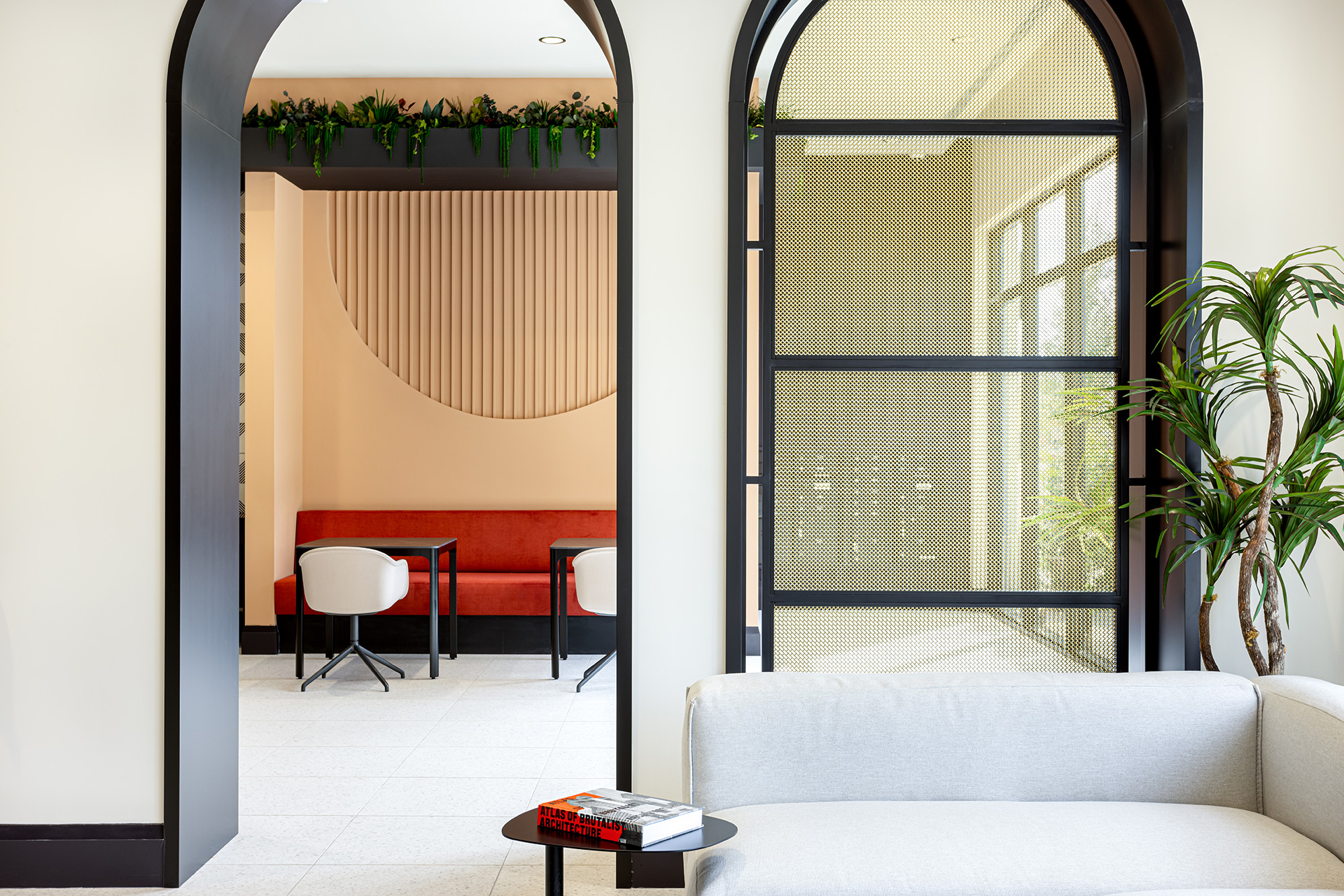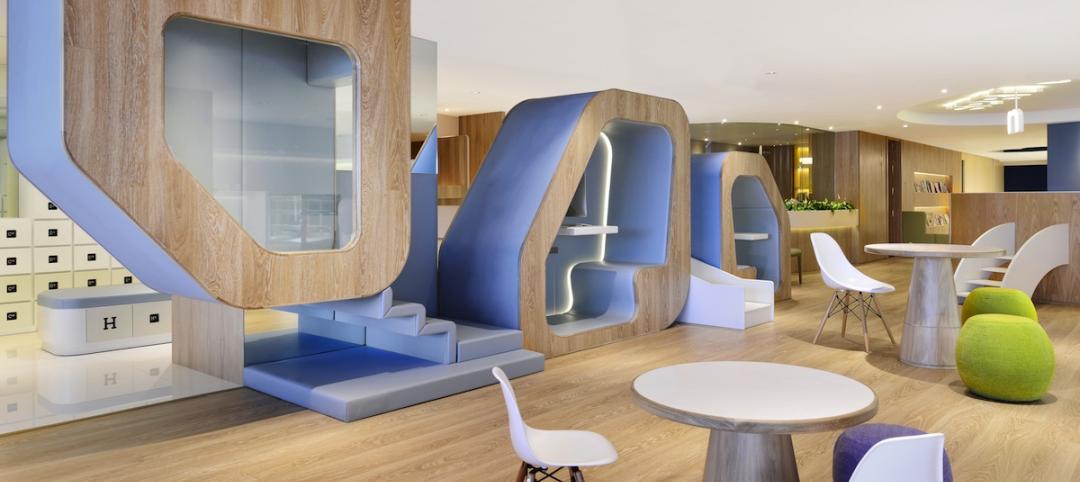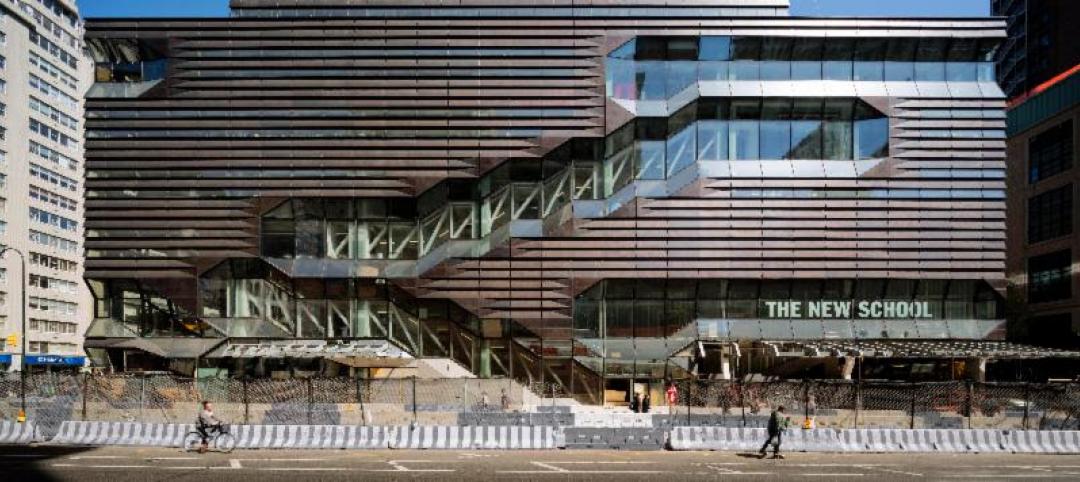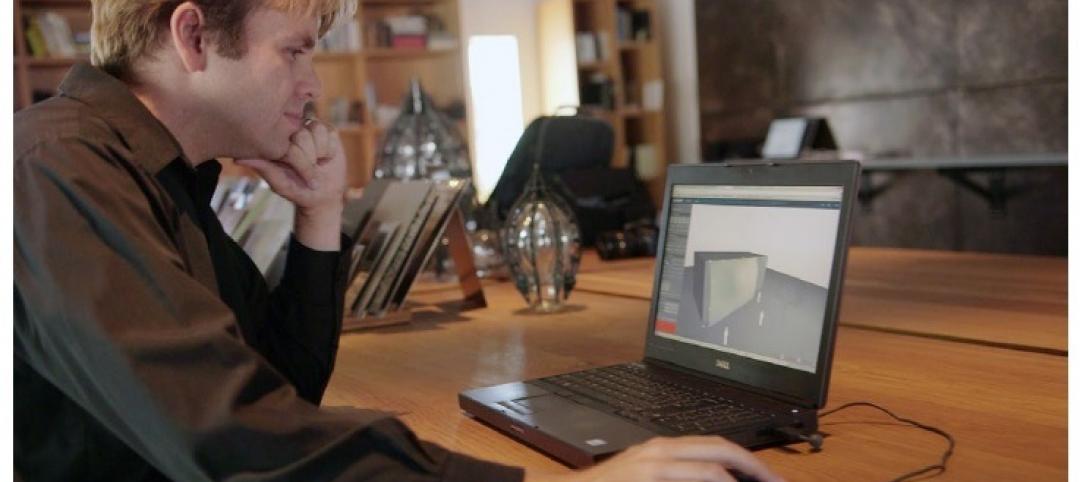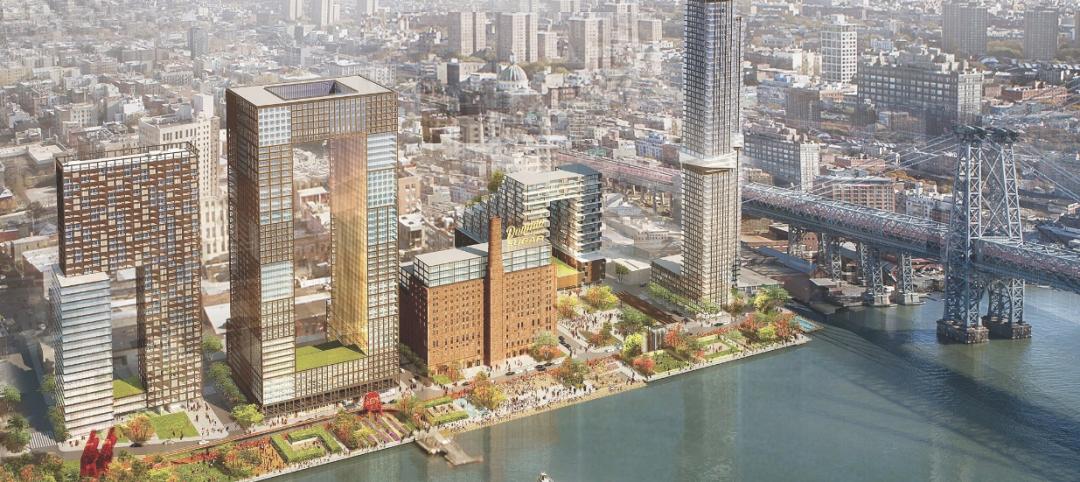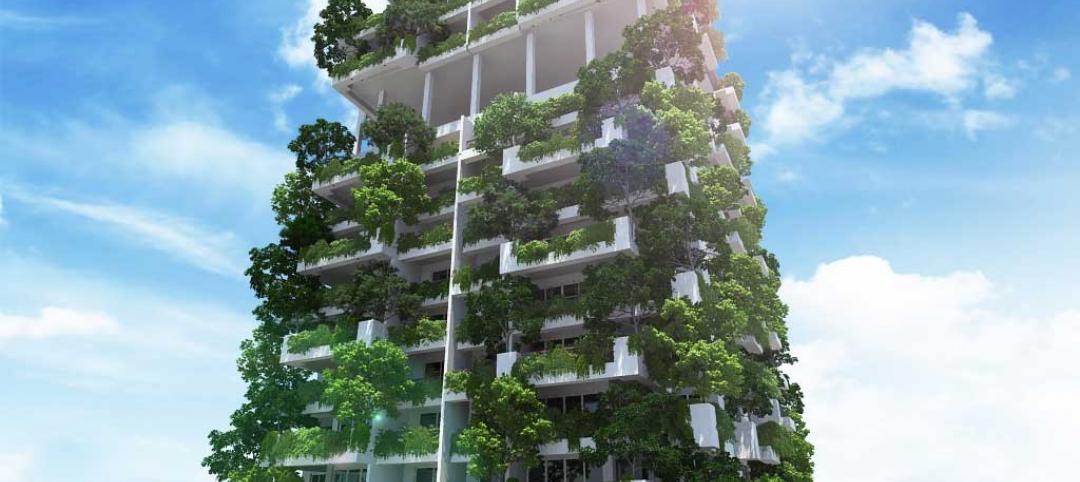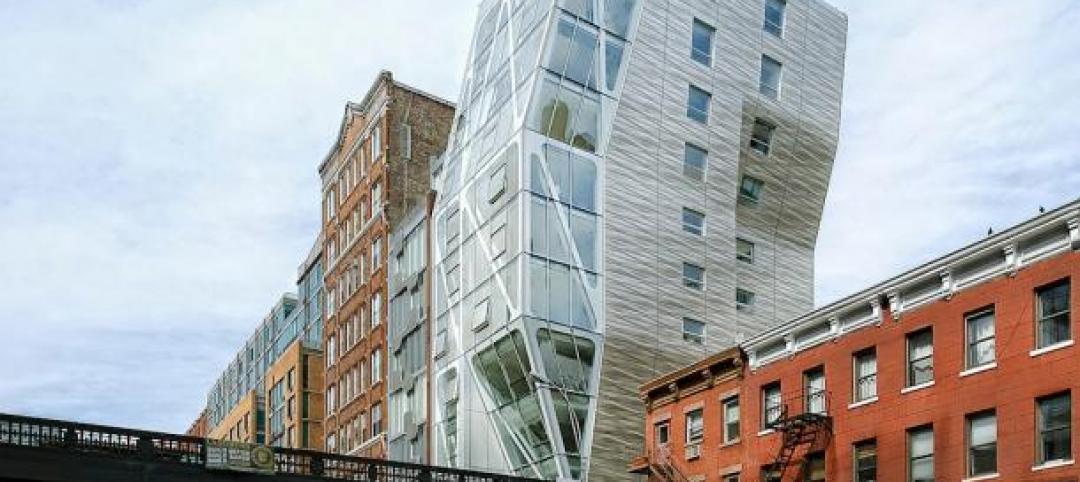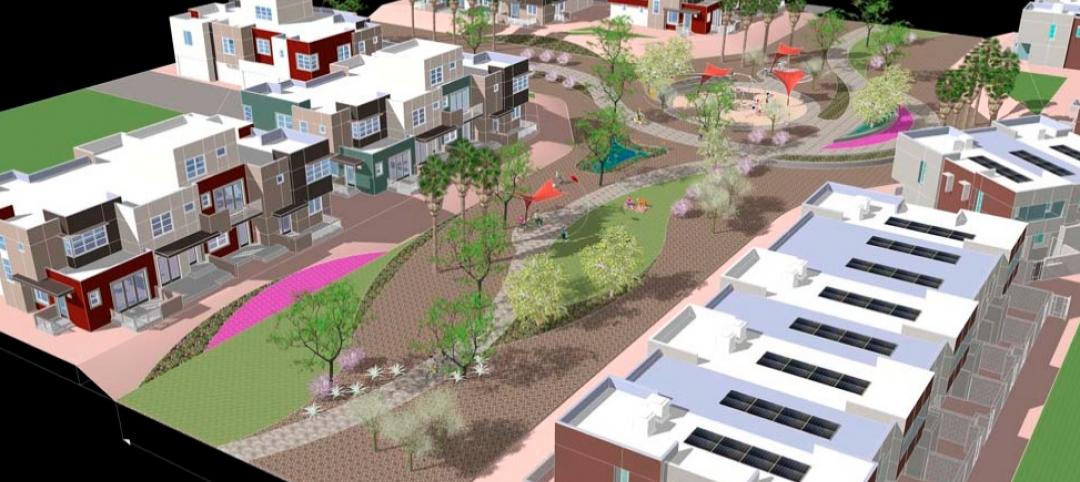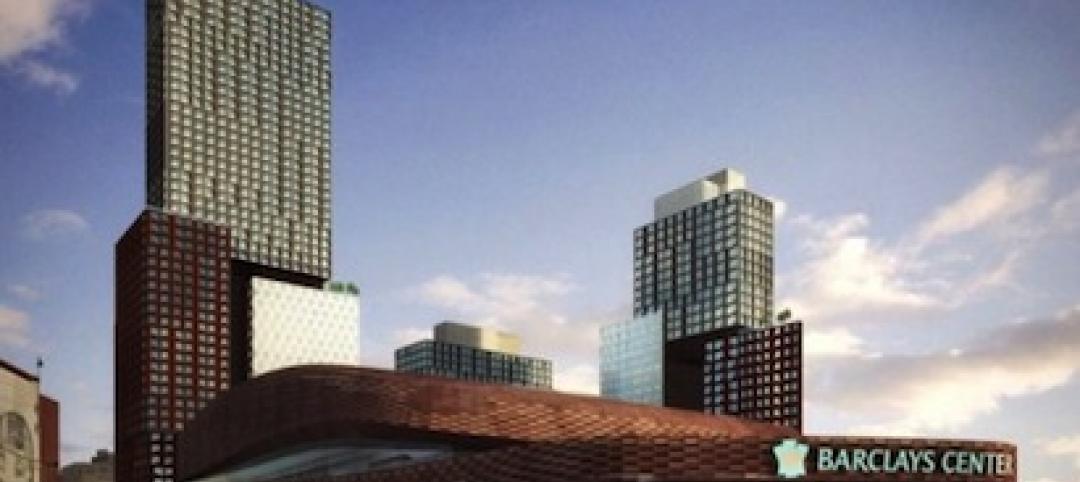As the demands of urban living continue to evolve, the need for a tranquil and refined home environment has never been more pronounced. Residents are increasingly seeking spaces that offer a respite from the bustling city life, longing for places where they can unwind and find peace.
This desire has given rise to the trend of "quiet luxury" influences in multifamily properties, an ethos centered on understated elegance, quality, and serenity. This approach prioritizes the creation of spaces that exude a sense of calm and refinement, with every detail curated to evoke a feeling of indulgence.
Combining high-end design with practical living spaces can improve residents’ quality of life. This approach enhances resident experiences and establishes new standards of comfort and sophistication. One of our most recent projects, Modera Coral Springs, exemplifies this type of transition for multifamily spaces. This development introduces modern, market-rate apartments that offer a holistic living environment through key elements such as luxury amenities and thoughtfully-designed community spaces.
How to identify quiet luxury?
High-quality materials play a crucial role in defining quiet luxury. Modera Coral Springs features heavy-grained stones and terrazzos are used alongside bleached wood tones to create a sophisticated space. These materials are not only visually appealing but also tactile, enhancing the sensory experience of the built environment.
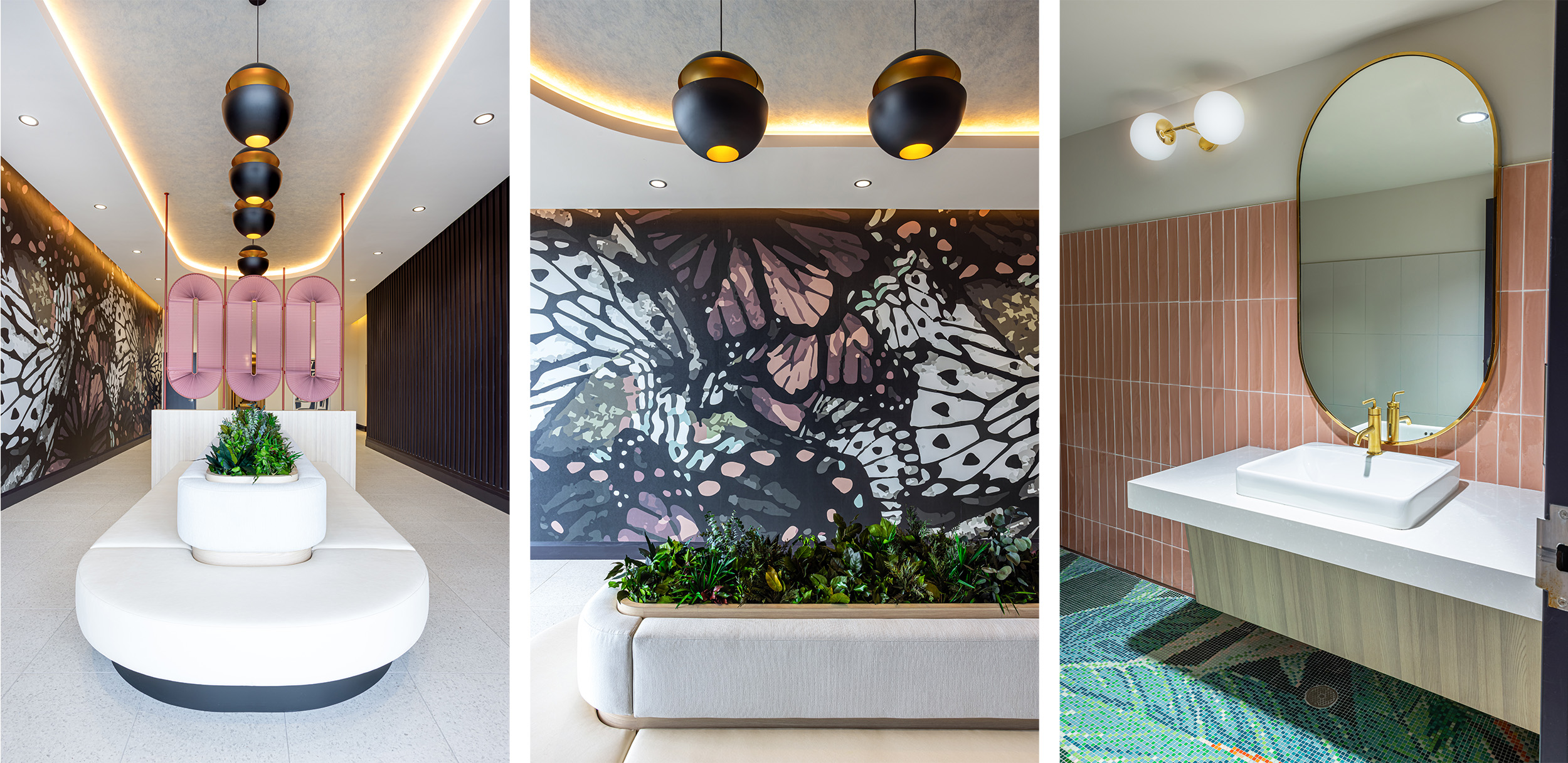
To further enhance the living experience, a property should offer top-notch amenities that align with the quiet luxury ethos. At Modera Coral Springs, these include a club room, dedicated coworking space, game room, fitness center, rooftop deck, and pool deck. Each amenity is designed with a warm, organic connection to the region, ensuring that residents have access to both relaxation and recreation.
By understanding the foundational principles of quiet luxury, you can explore the specific advantages it brings to multifamily properties.
Enhanced Resident Satisfaction
Residents who experience the environments created by this design philosophy are more likely to renew their leases, leading to higher retention rates. The lifestyle benefits offered by such spaces—where comfort and luxury are seamlessly blended—make residents feel more valued and content, contributing to a sense of well-being.
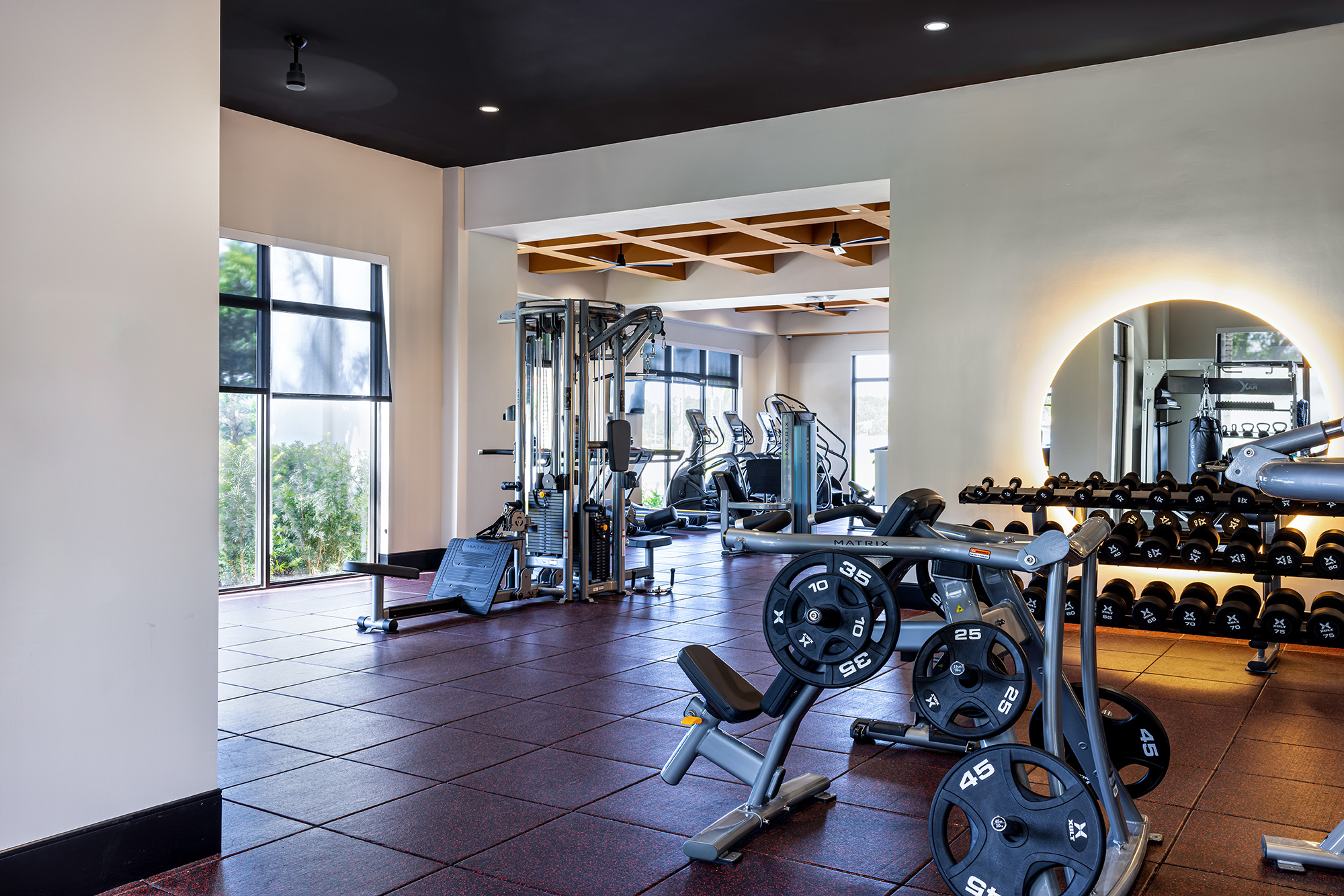
Increased Property Value
Properties that incorporate quiet luxury elements often see an increase in their market value. High-quality finishes, premium amenities, and sophisticated design contribute to a perception of greater worth, making the property more attractive to potential investors and buyers.
Elevated Brand Image
Branding extends beyond logos and marketing materials; it encompasses the overall experience and perception of the property. These design principles provide a cohesive and consistent aesthetic that aligns with the property's brand identity. This consistency can differentiate these properties from competitors that may prioritize more conventional or generic design approaches.
While the concept of quiet luxury might evoke images of high costs, it is possible to incorporate this trend affordably by focusing on strategic planning and thoughtful design choices, while maximizing the impact of each investment.
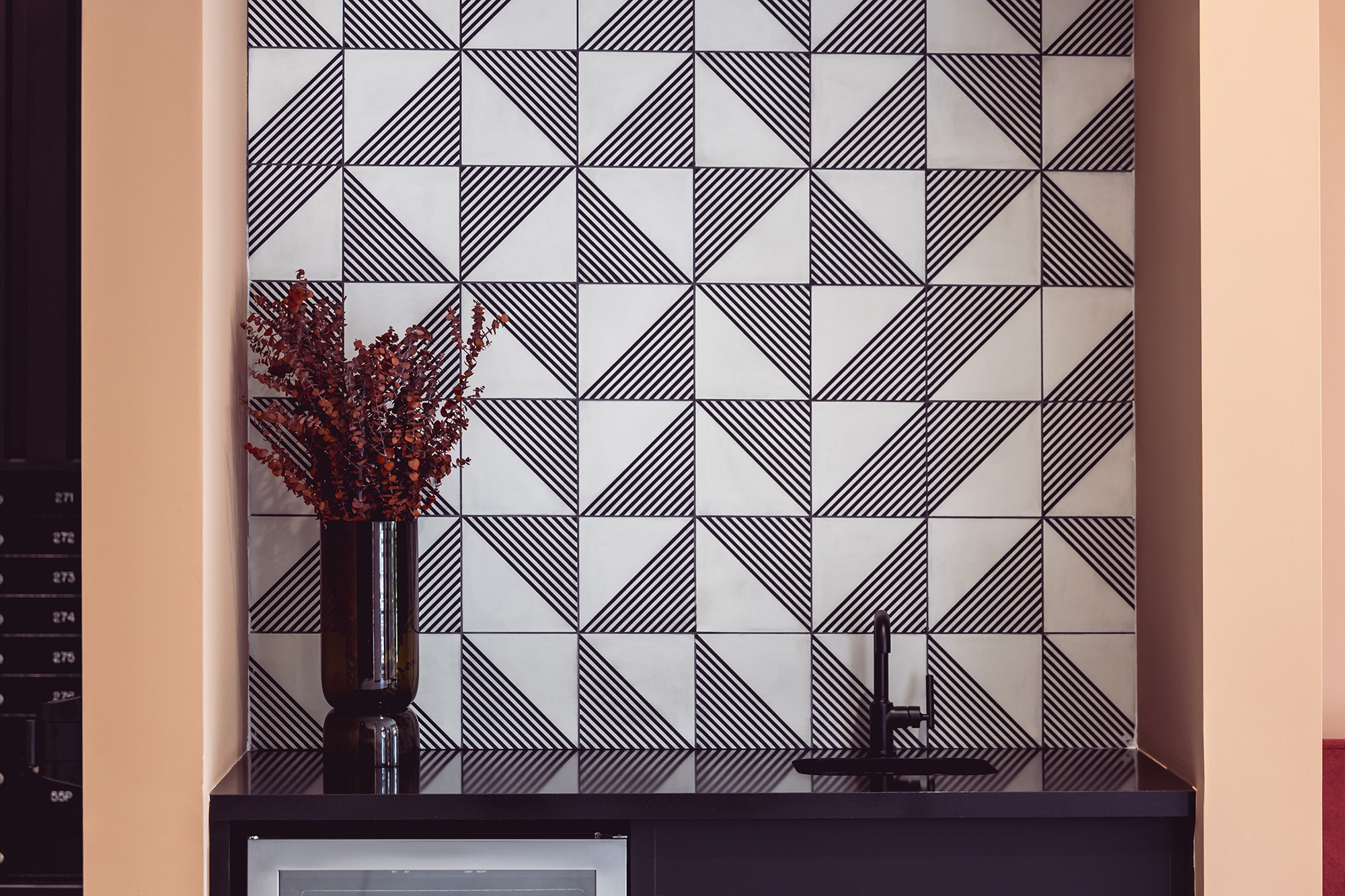
Strategic Material Selection
Choose timeless materials such as natural stone, wood veneers, and high-quality laminates that can lend a sense of luxury without breaking the budget.
Thoughtful Space Planning
Utilize natural light to create an airy and inviting atmosphere. Optimize window placements and use light-colored finishes to reflect light and make spaces feel brighter and more spacious. Planning also involves creating functional layouts. Focus on curating efficient and functional layouts that maximize space utilization and enhance the overall flow of the multifamily units. This can make even modestly sized units feel luxurious and comfortable.
Efficient Use of Amenities
Design multifunctional spaces that can serve multiple purposes to maximize their utility and appeal. For example, a community room could double as a coworking space during the day and a social gathering space in the evenings, offering residents flexibility and convenience without the need for additional square footage.
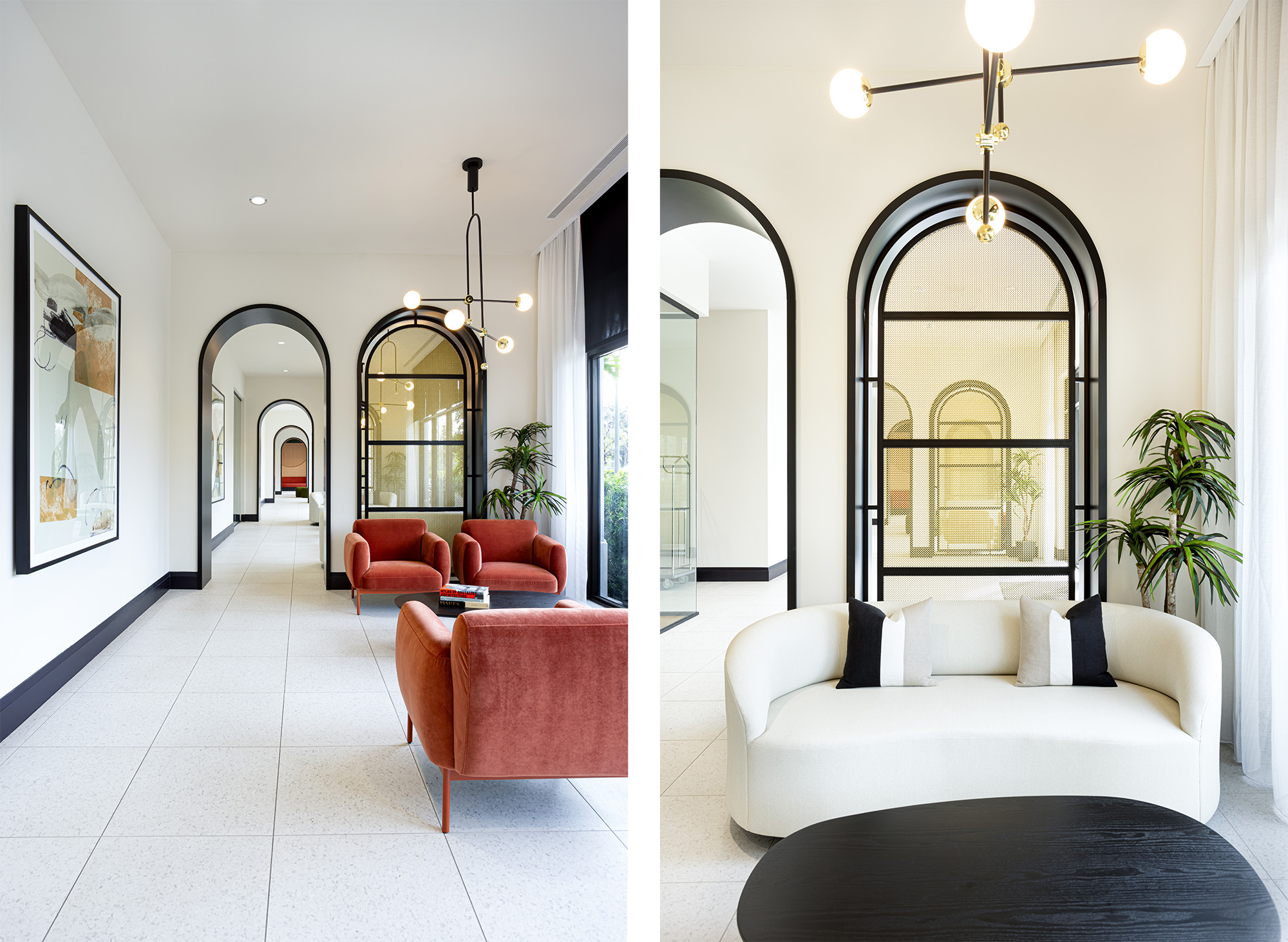
By prioritizing quality, serenity, and understated elegance, developers can create environments that meet the evolving needs of urban residents. Our recent collaborations showcase the potential of this approach, offering a blueprint for how multifamily properties can evolve to provide a more fulfilling living experience for residents.
As urban living continues to change, the adoption of these design principles will likely become a key differentiator in the real estate market, setting new standards for market-rate apartments and resident satisfaction.
Related Stories
| Jan 28, 2014
16 awe-inspiring interior designs from around the world [slideshow]
The International Interior Design Association released the winners of its 4th Annual Global Excellence Awards. Here's a recap of the winning projects.
| Jan 24, 2014
Urban Land Institute, Enterprise outline issues in rental housing shortage: Report
Bending the Cost Curve: Solutions to Expand the Supply of Affordable Rentals outlines factors that impede the development of affordable rental housing – causing the supply in many markets to fall far short of the demand.
| Jan 22, 2014
SOM-designed University Center uses 'sky quads,' stacked staircases to promote chance encounters
The New School's vertical campus in Manhattan houses multiple functions, including labs, design studios, a library, and student residences, in a 16-story building.
| Jan 13, 2014
Custom exterior fabricator A. Zahner unveils free façade design software for architects
The web-based tool uses the company's factory floor like "a massive rapid prototype machine,” allowing designers to manipulate designs on the fly based on cost and other factors, according to CEO/President Bill Zahner.
| Jan 8, 2014
Strengthened sprinkler rules could aid push for mid-rise wood structures in Canada
Strengthened sprinkler regulations proposed for the 2015 National Building Code of Canada (NBCC) could help a movement to allow midrise wood structures.
Smart Buildings | Jan 7, 2014
9 mega redevelopments poised to transform the urban landscape
Slowed by the recession—and often by protracted negotiations—some big redevelopment plans are now moving ahead. Here’s a sampling of nine major mixed-use projects throughout the country.
| Jan 3, 2014
World’s tallest vegetated façade to sprout in Sri Lanka [slideshow]
Set to open in late 2015, the 46-story Clearpoint Residences condo tower will feature planted terraces circling the entire structure.
| Dec 31, 2013
BD+C's top 10 stories of 2013
The world's tallest twisting tower and the rise of augmented reality technology in construction were among the 10 most popular articles posted on Building Design+Construction's website, BDCnetwork.com.
| Dec 27, 2013
$1 billion 'city within a city' development approved by Coachella, Calif., city council
The mega development includes 7,800 homes, a retail center, office space, and nearly 350 acres of open space.
| Dec 23, 2013
MBI commends start of module setting at B2, world's tallest modular building
The first modules have been set at B2 residential tower at Atlantic Yards in New York, set to become the tallest modular building in the world.



